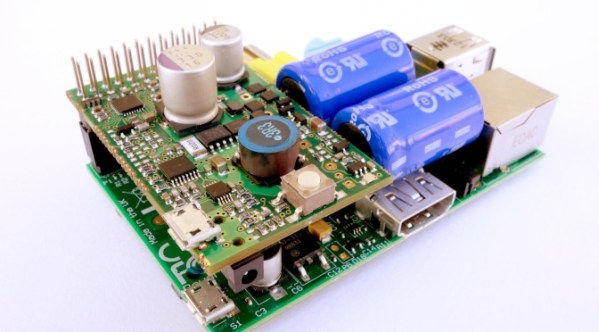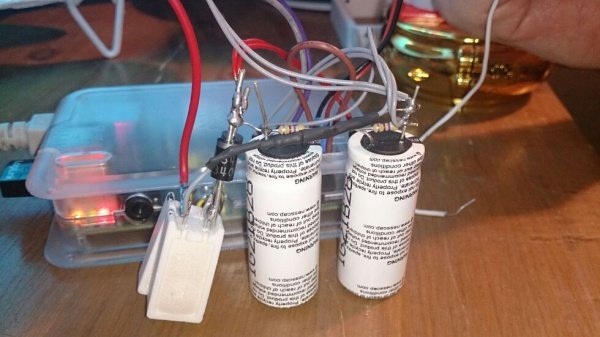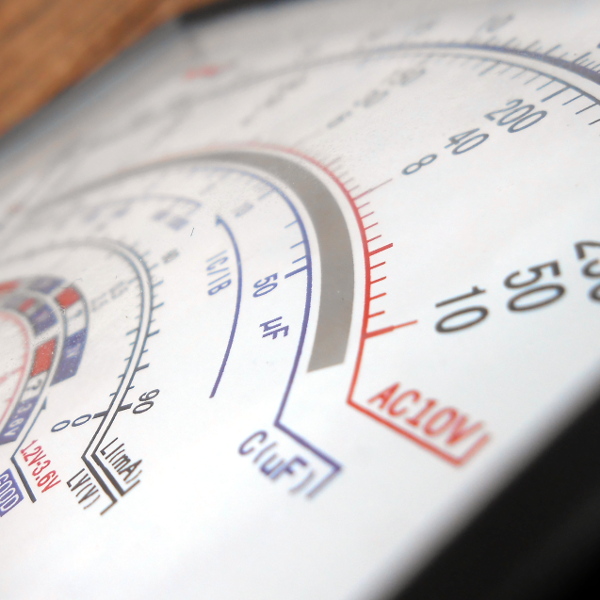As versatile as the Raspberry Pi is, it has a weakness when it needs to be able to shut down properly during a power outage, especially when handling data-sensitive or industrial applications. To solve this problem, [Pavol Sedlacek] has created a supercapacitor-based UPS specifically for the Raspberry Pi that gives it enough time to properly halt its processes and shut down if it detects a power failure.
The device is called the Juice4Halt. It uses a DC-DC converter to provide power to the Pi from the normal power supply and to charge the supercapacitors during normal operation. It is bidirectional, so in the event of a power failure it works in reverse to take power from the capacitors and feed it back to the Pi. A second DC-DC converter handles power from an external power supply.
A side effect of using supercapacitors as a UPS is that they can also help the Pi survive brownouts. The project site has an incredible amount of detail about the functionality of the device, including circuit diagrams and the source code. We’ve seen other supercapacitor-based UPS units before but this particular one is much more robust and would be truly at home in any industrial or other sensitive setting.













